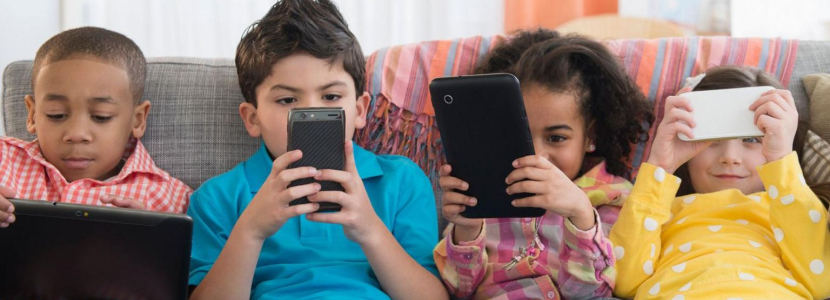
Thank you for contacting me about smartphones and social media use by children.
From speaking with children and young people across my constituency, as well as with my own grandchildren, I recognise that there can be advantages to children’s social networking. Staying in contact with friends and family is advantageous for young people's sense of belonging and connectedness. There are also educational benefits, such as learning how to confidently use digital technologies in an increasingly digitised world.
However, the guiding principle is that children must be safe online.
As you highlight, our use of smartphones and social media remains a relatively new phenomenon and continues to evolve. I would like to assure you that I am committed to engaging and listening on this matter. For example, this month (May 2024) I attended a Girlguiding event at the House of Commons, where several young speakers stressed the negative impact that social media can have on their mental wellbeing. I am pleased to see that this issue is receiving cross-party attention in Parliament and that organisations such as Girlguiding provide a supportive community for our young people.
Some progress has been made and I am pleased that social media platforms have introduced privacy features to help keep children safer. These include setting an account to private, turning off location settings or blocking new friend requests. In addition, there may be the option for parental controls which may offer certain features such as monitoring usage time, scheduling breaks and viewing blocked contacts.
The Online Safety Act has introduced significant improvements to child safety online. The legislation puts duties on user-to-user and search service providers to tackle illegal third-party content accessed on or via their service. They must take proactive action against online offending, such as the illegal sale of drugs, and must protect children from other legal content which could cause harm to them. This includes cyberbullying and online abuse and harassment, which have been designated as ‘priority content that is harmful to children’. Companies must assess the risk to children from this kind of content and implement proportionate and age-appropriate protections. These companies must also introduce measures to tackle illegal content, including illegal abuse and harassment. Additional measures have been introduced to prevent children from accessing online pornography. I will continue to pursue this matter as more can and should be done to protect children as they grown up in an increasingly digitised world.
I encourage parents, guardians, or carers to have regular conversations about the internet and social media with their children from a young age so that children feel they can talk about any issues they may encounter.
I know that there is further guidance online, such as on the Young Minds website (https://www.youngminds.org.uk/parent/parents-a-z-mental-health-guide/social-media/) or the NSPCC's website (https://www.nspcc.org.uk/keeping-children-safe/online-safety/social-media/).
Thank you again for taking the time to contact me.


